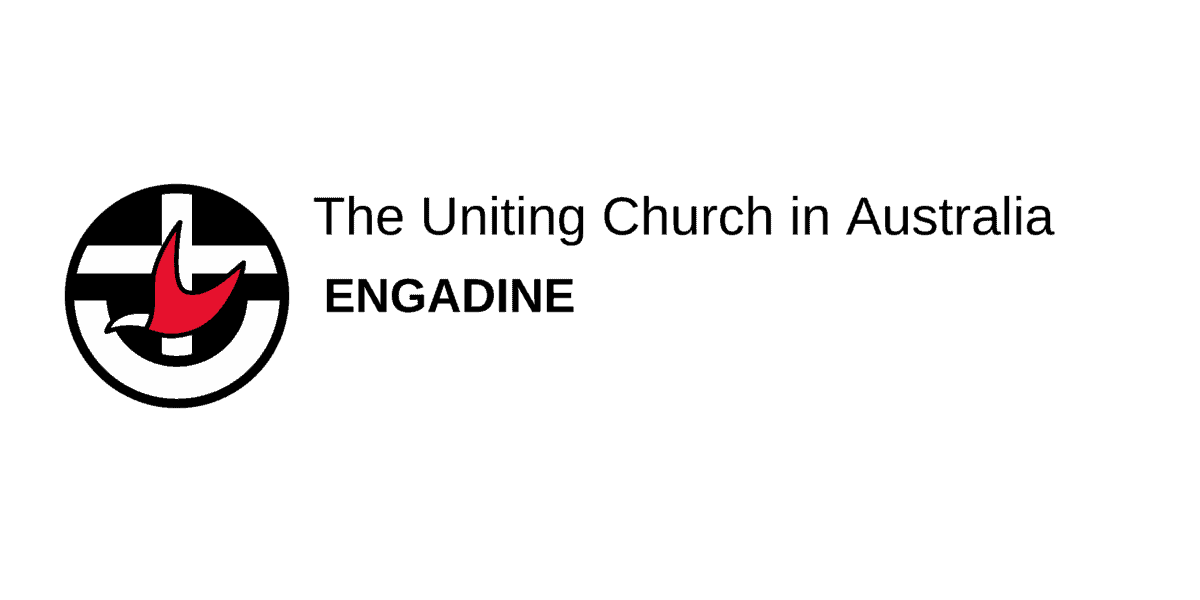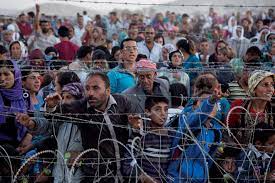During the recent refugee week, I watched the documentary, For Sama, screened on-line by the Gymea Community Centre and Sutherland Shire Council. Before the screening, three refugees from Syria now living in the Shire spoke about their new life in Australia and the obstacles they have overcome while settling here. I was moved by the humility and gratefulness these three people displayed as they spoke about their home among Christians at the Gymea Anglican Church, their work with the refugee group at the Gymea Community centre and the driving instructor program to teaching other refugees to drive and to gain their driving licence: essential to gain employment and have mobility.
The film For Sama was filmed and directed by Waad al-Kataeb, a young Syrian journalist/film maker who documented her life for 5 years: commencing with her life as a free and typical teenager before the uprising to her eventual forced departure from her home in Aleppo.
While during the many years of the Syrian war I watched on the nightly news those 2-5 minute grabs on the state of play of the war with attention grabbing bombings, people fleeing, pithy commentary by experts on the whys and wherefores of the war – a distant and far away war – this documentary brought us into her life. It brought us along with her life and close and intimate human contact of ordinary people and families caught in a war not of their own making. We felt the constriction of her freedoms due to severe impositions of the Assad regime, her joy at discovering love and marriage, the domesticity in setting up home in the building her husband (a newly minted medical doctor) made into a hospital and her pure delight on the birth of her child Sama amongst the many tragic moments as the city of Allepo was gradually bombed into a rubble.
The little quotidian moments of intimate family life gave relief from the brutal horrors of massacred bodies, the raw cries of mothers over lifeless children, of blood, pain, suffering and destruction falling all around them. In among the rubble and blackout curtains of a ‘safe room’, and between the sound of a dropped bomb and subsequent explosion nearby, families were trying to bring some normality to their children and themselves. Sama’s father plays peek a boo with her and the sheer joy of her baby giggle and chortle silences the fear of the bombs.
We were there: feeling their fears, their despair that their government could not be trusted, their resolve to do all they could possibly do with their gifts and expertise to help their peoples, their wonder and incredulity that their democracy and freedoms and way of life had been so suddenly upended. We were also drawn to the question ‘why was the international community not doing anything to help and ignoring their plight?”
These people, Sama and her parents and other friends were forced out of their homes and cities. They became refugees. But they are the same as us: that baby bottle is the same as the one I bought only a few weeks ago here in the Shire, that hospital ECG machine is the same as that found in our hospital, that lounge chair they sat on is similar to my friend’s, the food, the laughter, gatherings of family and friends with lame jokes and their desire to help fellow humans are no different to us. The only difference is they have been forced to leave their home, city and country. And where do they go?
The documentary forced me to consider how would I feel if suddenly our homes were destroyed by our own government and civil unrest was met with uncensored massacre? How would we manage if all the neighbourhood and city of Sydney were destroyed by another country in concert with the government? Would I keep going or give up if my family and friends were killed and our whole city destroyed? I am not sure I would manage.
But what I did learn and am sure about:
Refugees do not want to leave their home
Refugees are people with similar desires and needs like us
Refugees are resilient
Refugees have strength
Refugees are survivors
Refugees are not evil people
Democracy is fragile
Loraine Holley


Recent Comments